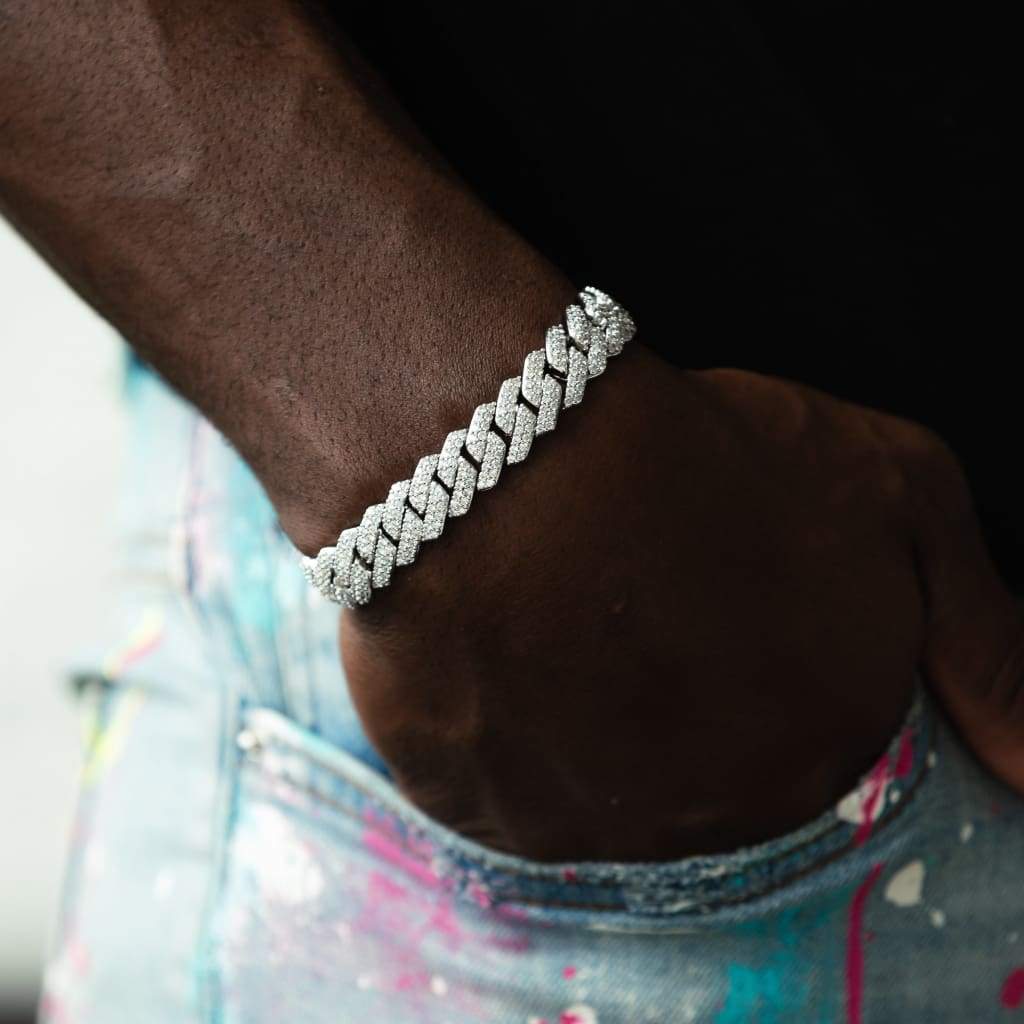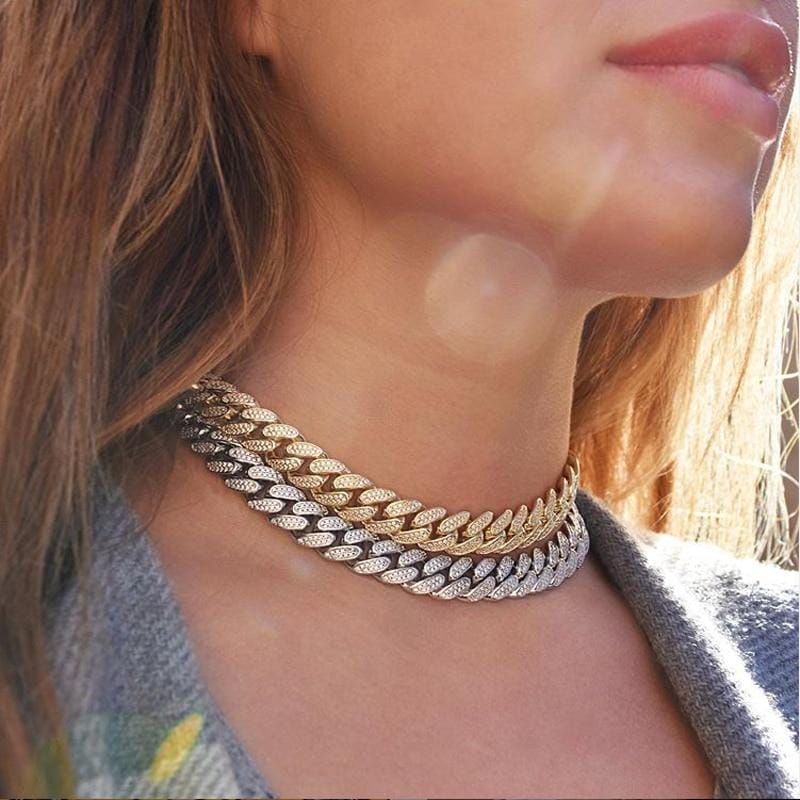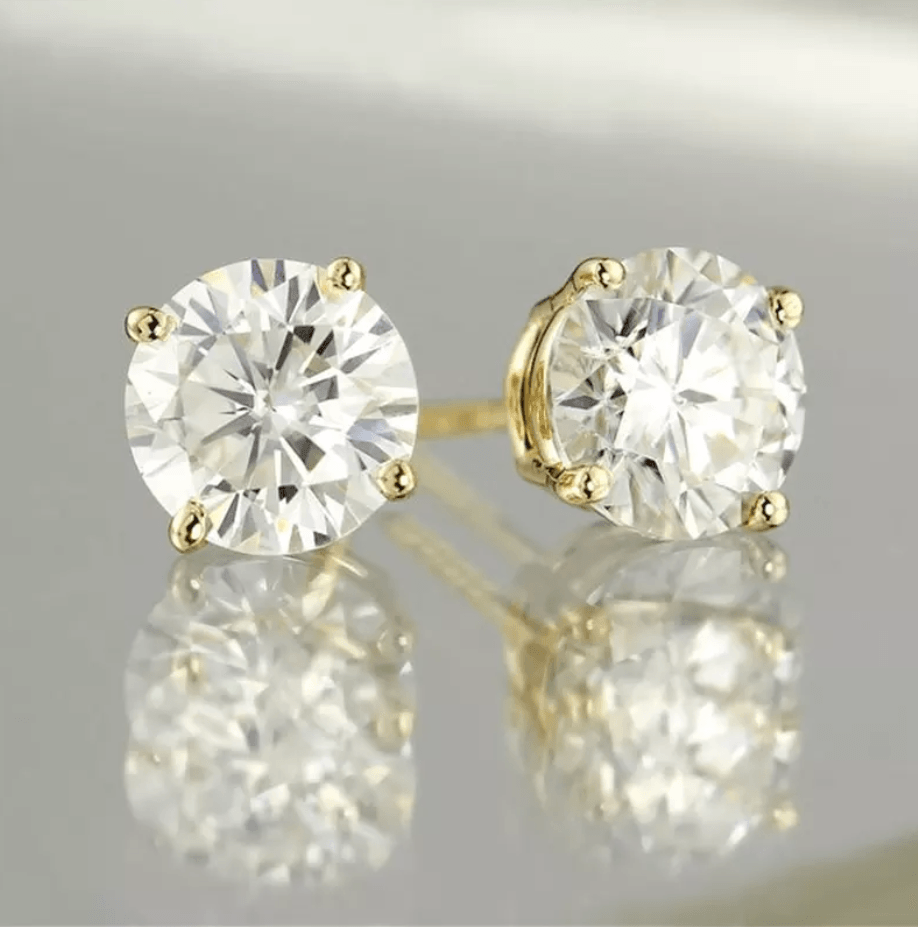
Wrist Candy Wisdom: The Basics of Measuring Bracelet Size for You
Finding the appropriate bracelet size is essential to mastering the art of bracelet accessorizing, which is a straightforward yet powerful approach to enhance any ensemble. While a poorly fitted bracelet can be unpleasant and take away from your overall appearance, a well-fitting one can add elegance and style to your wrist. This guide will walk you through the basics of measuring bracelet size, offering valuable bracelet tips to ensure you choose the perfect fit every time.
Understanding Bracelet Size
Bracelet size refers to the length of the bracelet, which determines how it will fit around your wrist. It's crucial to know that bracelet size is not a one-size-fits-all situation; it varies depending on the style of the bracelet and the individual's wrist size. The right size should allow the bracelet to move slightly on your wrist without slipping off.

How to Measure Your Wrist for the Perfect Bracelet Size
-
Using a Measuring Tape: Wrap a flexible measuring tape around your wrist where you normally wear a bracelet. Ensure it's snug but not too tight. Note down the measurement, which is your wrist size.
-
Using a String or Paper Strip: If you don't have a measuring tape, wrap a piece of string or a strip of paper around your wrist and mark where it overlaps. Lay the string or paper flat and measure the length with a ruler.
-
Adding the Right Amount of Slack: Once you have your wrist measurement, add a little extra length for comfort. Typically, add about half an inch to 1 inch (1.25 cm to 2.5 cm) depending on how loose or snug you prefer your bracelets.
Selecting the Correct Bracelet Length
The ideal bracelet length varies depending on the type of bracelet. For a standard chain bracelet, adding half an inch to your wrist measurement is usually sufficient. For chunkier styles or cuff bracelets, you may need to add more slack. The key is to ensure the bracelet drapes nicely on your wrist without being too tight or too loose.

Bracelet Tips for Different Types of Bracelets
-
Bangles: Bangles are usually worn loose and can slide up and down your arm. For bangles, measure the widest part of your hand (over your knuckles) to ensure the bangle can slide on and off comfortably.
-
Cuff Bracelets: Cuff bracelets should be slightly adjustable. Measure your wrist circumference and look for a cuff that's close to this size but adjustable.
-
Beaded Bracelets: Beaded bracelets require a bit more slack to accommodate the space taken up by the beads. Add about an inch to your wrist size for these types of bracelets.
Accessorizing with Bracelets
Accessorizing with bracelets can add a touch of personality and style to your outfit. Here are a few tips:
-
Layering: Don’t be afraid to mix and match different bracelet styles and sizes. Layering can create a unique and personalized look.
-
Match with Your Outfit: Choose bracelet styles that complement your outfit. For formal occasions, opt for elegant and understated pieces, while for casual settings, playful and chunky bracelets can work well.
-
Comfort is Key: Always prioritize comfort when choosing bracelet sizes. A well-fitting bracelet not only looks better but also feels better to wear.

Caring for Your Bracelets
Proper care is essential to maintain the appearance and durability of your bracelets. Store them in a dry place, away from direct sunlight and moisture. Clean them regularly according to the material they are made from to keep them looking their best.
Choosing the right bracelet size is an essential aspect of accessorizing with style and comfort. By understanding how to measure your wrist and adjust for different types of bracelets, you can enhance your accessory game effortlessly. Remember, the perfect bracelet should feel as good as it looks, complementing your outfit and adding a dash of your personal style.


